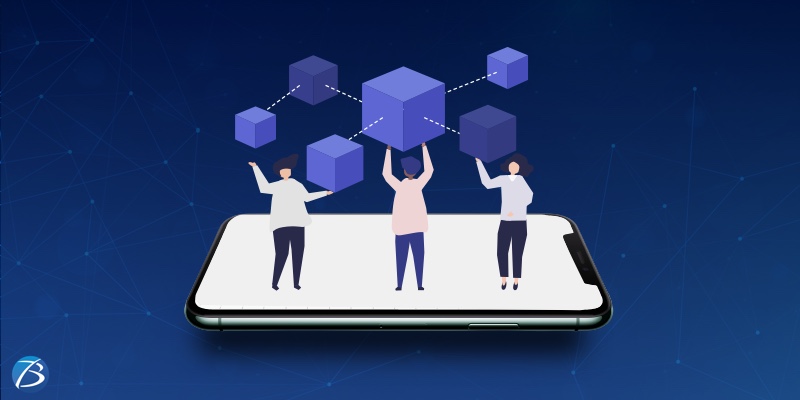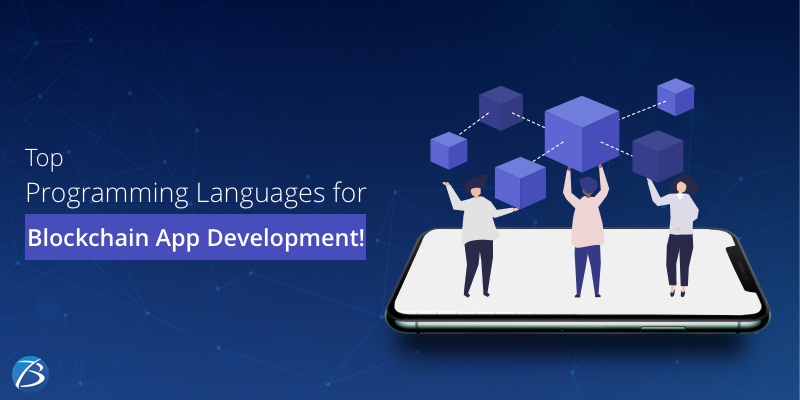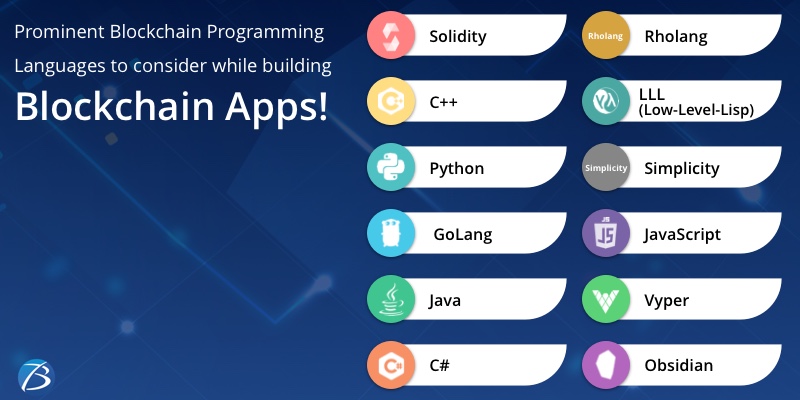Blockchain: A Cost-Effective Solution for Aviation Industry
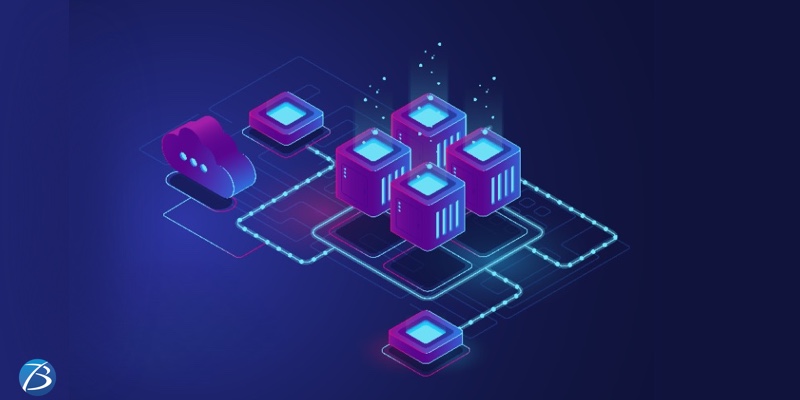
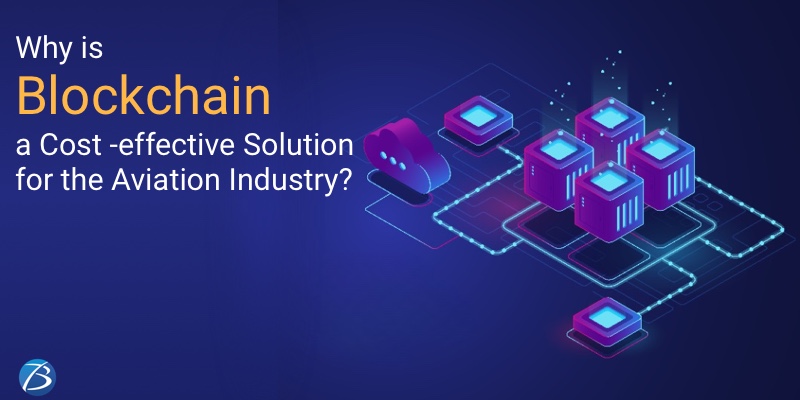
Aviation industry is one of the fastest-growing transportation sectors. With the economies going digital, every sector including aviation needs to ramp-up its technological footprint. Blockchain is digitalizing aviation industry in a big way and opening doors to new opportunities. It provides high-level security and transparency that has a multifaceted impact on the aviation sector. Blockchain app development companies are enabling the aviation industry to make easy transition to a Blockchain-based ecosystem.
According to Allied market research, the global aviation blockchain market was estimated to value about $0.42 Billion in the year 2020. It is expected to reach a valuation of $1.15 Billion by the end of 2030. These statistics only indicate, that many more aviation companies will adopt Blockchain as their core technology, creating a wide space of growth for Blockchain app developers and companies.
What Does Blockchain Offer
Blockchain is the emerging language of global exchange which is more authentic, organized, secure and transparent. Blockchain offers:
Decentralized System
The process of storing the data is fixed and organized. The decentralized computer system records every transaction, encrypts it and stores it in a digital ledger which is a shared system.
Consensus-Based Mechanism
Changes cannot be enforced by any single member. Every change and update is bound to be approved by every member for it to become part of the already established mechanism.
Failure-Proof Architecture
A major benefit of the decentralized system is that an error at one point does not influence the other nodes in the system. Every transaction is recorded and stored as data blocks in the hierarchy of their time stamp. This chain of blocks keeps increasing with every transaction, offering a very high level data integrity. While every transaction is connected with the other, it is also separate and unique in itself.
Security
There is a version system in the ledger where the same version is reflected to every member. This means that no one can alter anything without the consensus. Moreover, every data is encrypted by the system. Put together, Blockchain can be one of the safest technologies for any kind of transactions.
Challenges Faced by the Aviation Industry
The aviation industry is a very complex sector that involves the tracking of numerous assets, and transactions. Safety of every traced entity has always been a challenge. Every challenge ends up costing the airlines in terms of money. Let us look into some of the challenges:
Lack of real-time flight transparency
The real-time tracking of manned and unmanned flights is a major challenge ahead of the aviation sector as it can result in major hazards. A lot of manpower is invested in maintaining this information every minute, costing millions of dollars to the airports.
Overbooking
Airlines generally overbook the flight assuming unavailability of few of the passengers, resulting in a major disappointment for the passengers.
Poor insurance and refund policies
In cases where the passengers are denied service owing to over-boarding or flight delays, they have to undergo a time-consuming process for refunds. This results in poor customer experience.
Luggage misplacement
Misplaced luggage is a frequent episode that costs money and woes to the air fliers. The long-pending requirement of a mechanism to tag and trace the assets including luggage can be very beneficial.
Lack of systematic record-keeping
Record keeping is a major task that currently involves different aspects including technologies, systems and manpower, consuming hundreds of dollars.
These are some of the everyday challenges and there are many more that demand an effective technology for aviation management.
Blockchain as a Solution
Blockchain can be implemented in a number of areas in the aviation sector to efficiently tackle small and big challenges.

Smart contracts
Smart contracts can manage the transactions between all the involved entities including airlines and travel agents, unifying different processes such as monitoring, reconciliation, and settlement. The streamlined process enhances the accuracy, and speed of every transaction. Involving multiple vendors and partners for different activities costs any airline, some thousands of dollars.
Token-based ticketing
Smart token systems can revolutionize ticketing systems with tokens for passengers and assets. Tracking of assets and passengers can tackle issues such as overbooking, and unorganized intermediaries. Frequent flyers can benefit from loyalty points and compensation vouchers, a great step towards customer satisfaction. Optimized use of transaction money helps both parties in saving money.
Asset tracking
Asset tracking using the digital ledger can put an end to the problems related to luggage tracking and misplacement. All the valuable assets can be tagged to get their status and location. Blockchain is the tamper-proof and robust solution to record every event and transaction.
Streamlined certification
Certifications to validate every equipment, individual and process involved in the operations and management of the airlines can aid in providing necessary regulatory authentications. Streamlined and regulation-based processes ensure partnership with legit and responsible groups/individual to create a value chain.
Digital identification
Digital identification of assets contributes in the scalability of the airlines, providing it with the infrastructure to go global and collaborate with valued profitable partners.
Blockchain as profitable solution
Blockchain is the disruptive technology that offers multiple benefits including immutability, traceability, and transparency. Secure and decentralized storage and exchange of data without involving any third-party significantly enhances the efficiency of the airlines. A fully digitized system cuts down the cost of hiring multiple third-parties for operations and management, resulting in saving millions of dollars. Blockchain apps add infinite benefits for the management and governance of airlines.
Blockchain comes with multiple use cases for aviation industry with the potential to place any airlines on international platforms to collaborate with cross-border third-parties. Biz4solutions can be an ideal software development partner to develop scalable, responsive and user-friendly Blockchain applications to boost the efficiency and revenue of any airlines.

